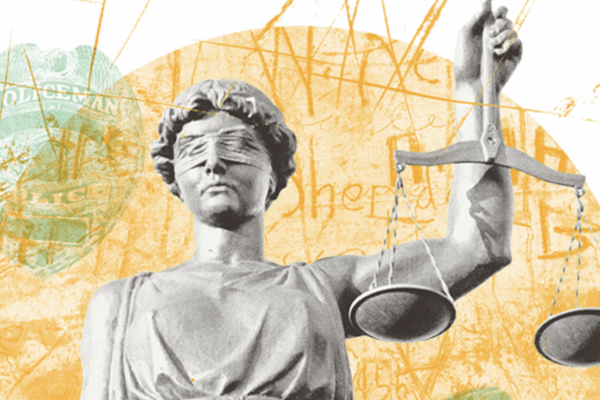AUGUSTA – The ACLU of Maine is suing the Maine Commission on Indigent Legal Services (MCILS) over its failure to provide constitutionally adequate legal representation to poor people accused of crimes in Maine.
The ACLU of Maine filed the class action lawsuit this morning in Kennebec Superior Court, on behalf of plaintiffs who’ve been deprived of their constitutional right to the effective assistance of counsel.
“Maine has failed in its duty to train, supervise and ensure the lawyers it assigns to defend poor people’s freedom are qualified for this essential task,” said Zachary Heiden, chief counsel at the ACLU of Maine. “This failure has created two systems of justice: one for the wealthy, and one for the poor. But the Constitution demands equal justice.”
The lawsuit argues that MCILS has violated state laws and the state and federal Constitutions, by failing to set and enforce standards for attorneys who participate in the state’s program, failing to monitor and evaluate these attorneys, failing to ensure adequate funding to the program, and failing to provide training to these attorneys.
The lawsuit argues that MCILS’s failures deprive plaintiffs and other indigent defendants facing criminal proceedings in Maine of their Sixth Amendment right to the effective assistance of counsel.
The lawsuit is asking the court to find that these state law and constitutional violations are occurring and to require MCILS to remedy these violations by providing an effective indigent defense system.
The ACLU of Maine is bringing the case with the assistance of co-counsel at Preti Flaherty and Goodwin Proctor.
Background
Maine is the only state in the nation that provides indigent legal services by contracting solely with private attorneys. However, this decentralized system results in inadequate oversight and wide variations in the quality of representation for people with court-appointed attorneys. These disparities and failures have been documented by two reports, one by the Sixth Amendment Center and one by Office of Program Evaluation and Government Accountability.
The stakes could not be higher for a poor person charged with a crime. They face the possible loss of their liberty and the long-term consequences of a criminal record. These consequences include barriers to housing and employment – barriers which keep them in poverty and entangled in the criminal legal system.
Stay Informed
Sign up to be the first to hear about how to take action.
By completing this form, I agree to receive occasional emails per the terms of the ACLU’s privacy statement.
By completing this form, I agree to receive occasional emails per the terms of the ACLU’s privacy statement.

